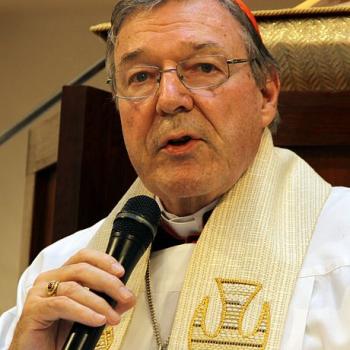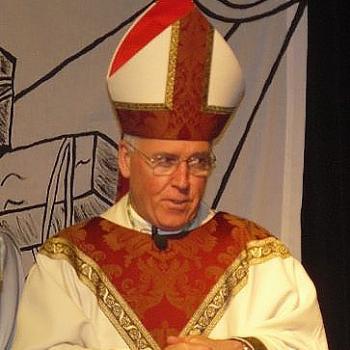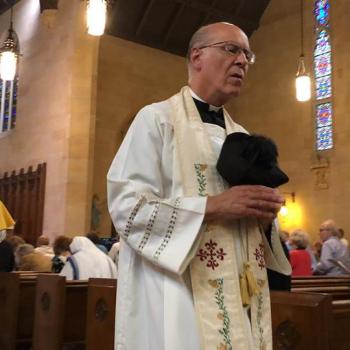John Allen, as usual, sees the bigger picture.
Writing about yesterday’s strongly-worded remarks on clerical sex abuse, Allen notes:
Three points about Friday’s statement seemed noteworthy to observers who have followed the arc of the church’s abuse scandals over the last two decades.
First, Francis did not merely express regret or sadness for the pattern of abuse in the Catholic church, but directly asked forgiveness. That’s a step that the late Pope John Paul II never took, though Benedict XVI did issue an apology for the crisis during a trip to Australia in 2008.
That was the same year Benedict XVI became the first pope to meet with abuse victims, which he did during an April visit to Washington, D.C. All told, Benedict met with abuse victims six times during his eight-year papacy, and Friday’s comments from Francis will likely raise expectations that he’ll put such a meeting on his own calendar soon.
Second, Francis did not attempt to play down the number of priests involved in incidents of abuse, using the phrase “many, many.” In the past, church officials were sometimes accused of defensiveness when they insisted that the percentage of priests accused of abuse is relatively low. (A 2004 report by the John Jay College of Criminal Justice in New York, commissioned by the US bishops, found that 4 percent of priests serving in the previous 50 years had been accused of abusing a minor.)
The fact that the pope sidestepped such language indicates that he may be developing a better ear for how to engage the issue in a way that doesn’t reopen old wounds or come off as tone-deaf.
Third, the use of the word “sanctions” suggested to some observers that Francis may be open to imposing discipline not only on priests who abuse, but on bishops who don’t respond to abuse allegations in ways consistent with the church’s official “zero tolerance” policy.










